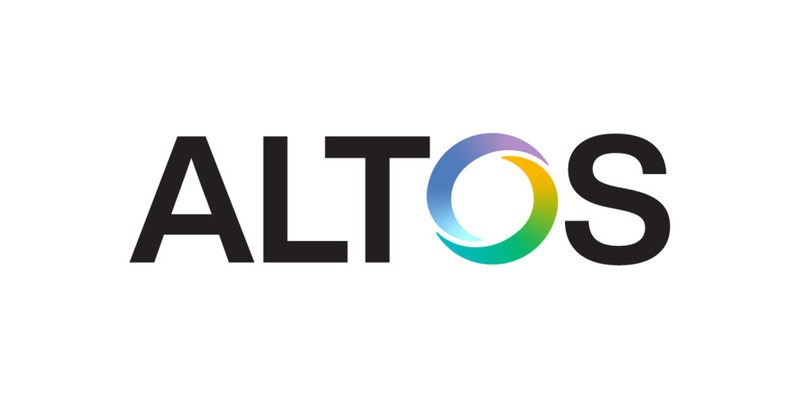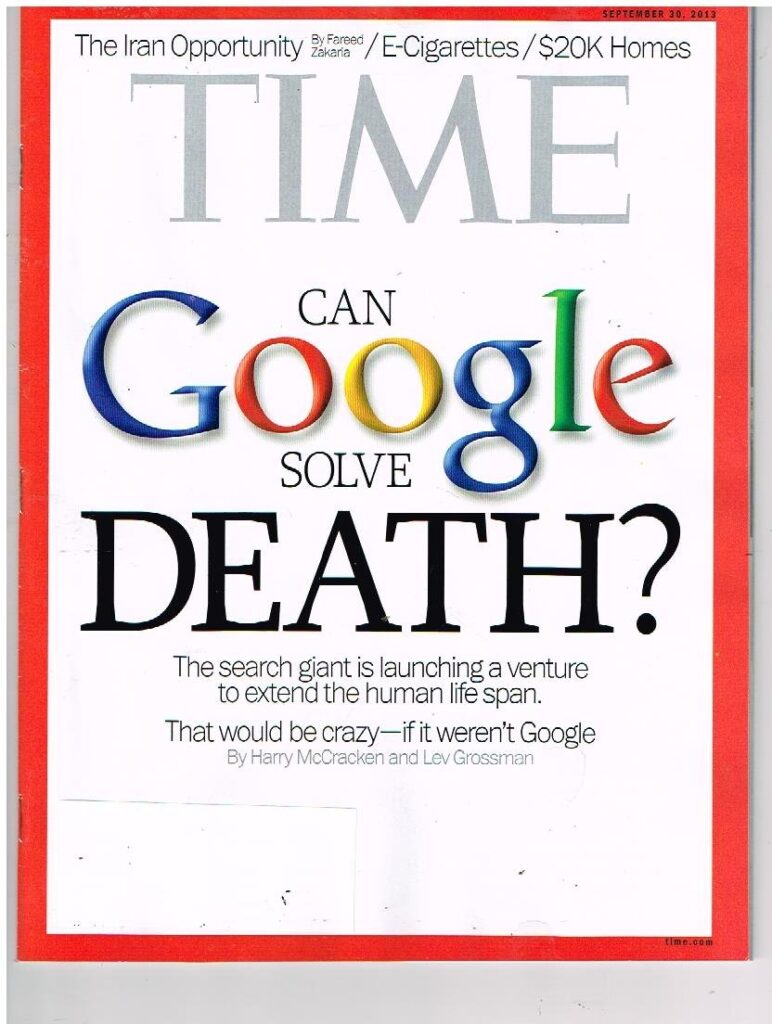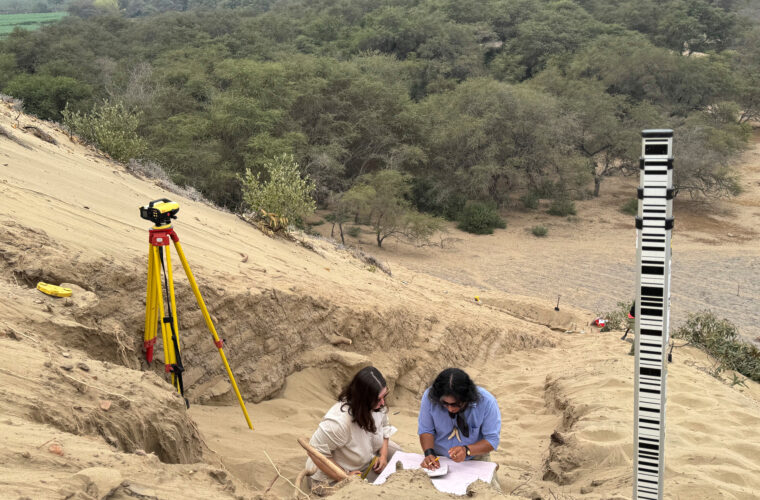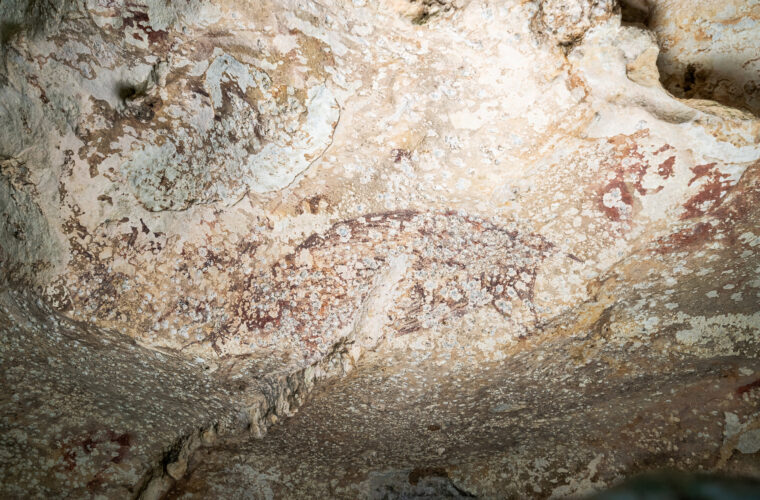Blocking cellular ageing for the elixir of life
Elixir of life: They have already left a tangible mark on contemporary society, generating some of its most significant innovations. Yet some of the great tech gurus have raised the bar of desire and aim to rewrite the history of science in search of immortality. To live long, or rather to extend the human life cycle beyond the current average (which varies between countries and continents). In order to go where no one has ever gone before. This is the new challenge taken on by Jeff Bezos, Peter Thiel, Larry Page and Sergey Brin.
These are big names, all of whom have left their operational roles in the big tech companies they founded and led for a long time (but of which they still retain control). Precisely to devote themselves to new life projects that flank their lifelong passions: the conquest of space for Bezos, who founded Blue Origin, and the political sphere for Thiel. Who after having found PayPal and Palantir became a fervent supporter of Donald Trump.
Altos Labs, Calico, Juvenescence, Insilico Medicine, Unity Biotechnology, Life Biosciences, AgeX Therapeutics, Elevian and Human Longevity are just some of the many companies founded to combat ageing. They have sprouted up like mushrooms over the last few years and have been launched with funds from various billionaires sensitive to the subject. It should be pointed out that this is a market segment that has yet to be built. With projects dealing with scientific frontiers that have yet to be explored and therefore require a lot of money to be invested in research to calculate the ageing of cells and establish their age in order to implement a regeneration process. This means that a great deal of patience is also required to hope for significant results over the next 10 to 15 years.

Altos Labs, the immortality hunt of the great wealthy
Last January, all the American media gave wide coverage to the $3 billion investment made by Altos Labs, a start-up company founded in October 2020 in Los Altos Hills. An exclusive neighbourhood in Palo Alto where some of the richest men on the planet live. It is the brainchild of Yuri Milner (a Russian who made his fortune with Mail.ru, Facebook and has also become famous for promoting the Breakthrough Prizes. An annual competition with $3 million prizes for biologists, mathematicians and physicists who have made high-impact scientific discoveries and research). He brought together a dozen men who shared a place on Forbes‘ billionaire list to figure out how to support epigenetics and cell reprogramming.
The offices opened in the UK and those planned in Japan, as well as those in San Diego and San Francisco, together with the substantial funding received, show that work is proceeding apace, thanks in part to a high-level team.
With much higher than average salaries, sometimes more than USD 1 million a year, Altos Labs has secured some of the most internationally renowned researchers, such as Juan Carlos Izpisúa Belmonte, Steve Horvath and Shinya Yamanaka. Horvath was responsible for the discovery of the biological clock that accurately measures human ageing. Whilst Yamanaka won the Nobel Prize in Medicine along with Britain’s John Gurdon for their study of nuclear reprogramming of mature cells.
With his four proteins, then known as Yamanaka factors, cells can be restored to a primitive layer with the properties of embryonic stem cells. By applying these factors to living mice, Belmonte in 2016 achieved signs of cellular age reversal, thereby predicting the possibility of extending the average human lifespan by around 50 years. One of the start-up company’s aims is to rejuvenate individual cells in the laboratory in order to find an antidote to cancer, Alzheimer’s and other diseases such as cardiovascular disease, which are (partly) linked to ageing. Hal Barron, former head of the research and development division of the British multinational GlaxoSmithKline and formerly of Calico, is supervising the work.

Calico Labs, Google’s attempt at a longer, healthier life
Among the first start-ups dedicated to the search for the elixir of life is Calico Labs, which stands for California Life Company, and behind which is the hand and interests of the two founders of Google, Larry Page and Sergey Brin. Since 2013, the duo have invested more than $1.5 billion in the project led by Arthur D. Levinson, the 72-year-old former Apple chairman and former CEO of the biotechnology company Genentech. Launched as a bioengineering company, Calico works in the shadows as it rarely releases information on work developments, sinking to strategic collaborations to investigate cellular ageing processes.
One of the studies based on a comparison between mice and mole rats, with the former living an average of six years and the latter up to three decades, showed that for the latter, death is not linked to ageing. The reason is unlike humans and other animals, the passage of time does not increase the risk of death. Another field of study of the Google start-up concerns the human response to stress, which it is investigating together with the laboratory of the University of California San Francisco, led by the molecular biologist and biochemist Peter Walter. The aim is to develop a technology capable of modulating the reaction to emotional and mental pressure, implementing biochemical pathways that, should they prove successful, could represent a turning point in combating the associated cognitive decline.
Elixir of life: A lot of money for a dream that takes decades and a lot of optimism
Beyond the focus on cellular ageing and the possibility of halting it to stop related diseases, one element that differentiates Calico from Altos Labs is the quest for a life that is not only longer but, above all, healthier. According to a study published in Nature Communications, humans could live a maximum of 120-150 years, as beyond that threshold the body would no longer be able to maintain its ability to recover. If we could understand cellular ageing, we could do something about it, but the biggest obstacle is being able to rejuvenate cells throughout the body in a coordinated manner and without the side effects that occur with cancer cells.

The first step in halting the decline that is common to all projects is to target senescent cells, which, having become old, lose their physiological function but remain in the body, generating inflammation and damaging other cells, which in turn become senescent, worsening the situation and the body’s pain. Eliminating these types of cells would be a crucial step towards a successful future, particularly in tackling diseases that are currently claiming victims.
Achieving these goals is currently a big gamble, as we are still in the embryonic stage of the process, with the hope of achieving concrete results within the next two decades. For this reason, the research of Altos, Calico and the other companies is not aimed at producing products and is not profit-driven. Even though this is a business that burns through piles of money, which is frowned upon by many in the industry, given the many health and non-health emergencies to which that river of money could be directed.



